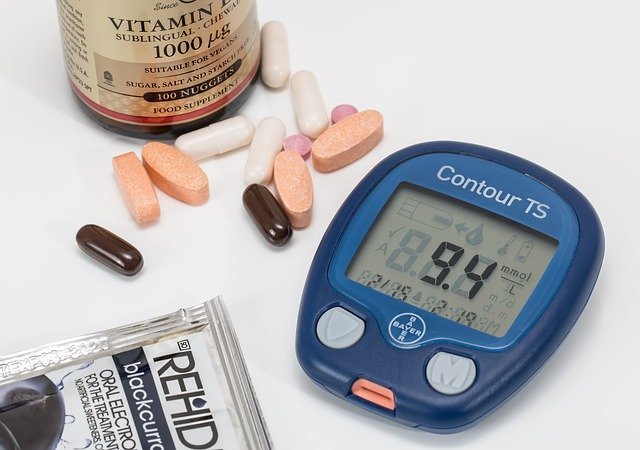
About 30 million people in the United States have diabetes, and up to 95% of these individuals have the type 2 form of the disease, in which the body stops responding to insulin and pancreatic beta cells slowly stop producing enough of it.
A big problem associated with type 2 diabetes is that beta cells stop functioning properly and fade away.
Some of the currently available medications that target beta cells have side effects, such as lowering blood glucose levels too much, and there are no proven treatments to prevent beta-cell loss.
People with type 2 diabetes whose beta cells don’t work properly have to inject insulin to keep their blood glucose levels stable.
In a recent study from, researchers found that the protein adipsin, which is produced in body fat, helps protect insulin-secreting cells called pancreatic beta cells from destruction in type 2 diabetes.
Among middle-aged adults, higher levels of the protein in the blood were also linked to protection from type 2 diabetes.
The findings may have implications for the future development of type 2 diabetes therapies that target and protect beta cells.
The study is published in Nature Medicine. The lead author is Dr. James C. Lo, assistant professor of medicine and of pharmacology.
In the study, the team knew that adipsin had a role in stimulating beta cells to secrete insulin and theorized that the protein might be a potential therapy for type 2 diabetes.
To explore this theory, they first conducted a study in which they increased adipsin levels in mice with type 2 diabetes.
They found that adipsin had a long-term positive effect on diabetes, improving blood sugar and increasing insulin levels while helping to prevent beta-cell death.
They also studied human beta cells in their laboratories and determined that adipsin activates a molecule called C3a, which protects and supports the beta-cell function.
The team further discovered that C3a suppresses an enzyme called Dusp26 that can damage beta cells and cause them to die.
They then directly blocked DUSP26 activity in human beta cells and found that this treatment protected the beta cells from death.
Similarly, when they suppressed DUSP26 activity in mice, beta cells became healthier, meaning they could better secrete insulin.
In addition, people with higher levels of adipsin in the blood had a lower incidence of developing diabetes in the future than people with lower levels.
People with the highest level of adipsin had more than a 50% reduction in diabetes incidence compared with people with the lowest level of adipsin.
In addition, adipsin levels correlated with the amount of subcutaneous fat, which is stored just under the skin, rather than visceral fat, stored within the abdomen.
The researchers say that both adipsin or DUSP26-directed therapies may prevent type 2 diabetes patients from developing beta-cell failure and from requiring insulin injections for their treatment.
Copyright © 2019 Knowridge Science Report. All rights reserved.



